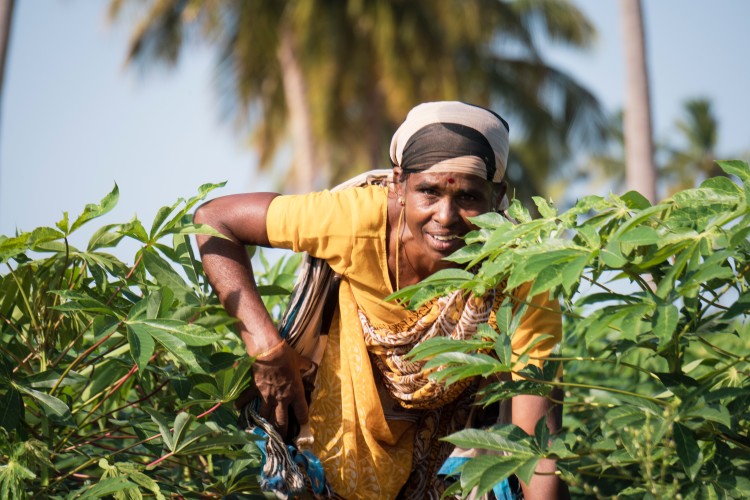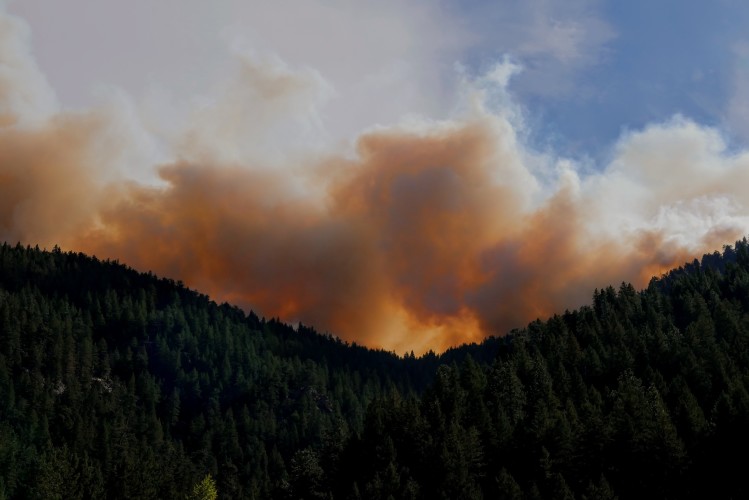How Come Women's Rights Matter at COP27?

Climate disasters have struck every part of the planet this year. Floods in Pakistan and Nigeria, as well as some of the worst droughts on record in the Horn of Africa, demonstrate that our climate is worsening for everyone. Women and girls have been disproportionately affected.
We are aware of the gendered impacts of climate change due to our global work. We have often observed that during droughts and floods, women and girls are pushed to drop out of school or marry young to alleviate the financial strain on their families. New ActionAid research in Kenya, Rwanda, Zambia, and Nigeria reveals that climate change increases gender-based violence and harms the mental health of women.
Women and girls should not be forced to bear the brunt of the cost as a result of the surge in humanitarian crises and forced migration brought on by global warming.
ActionAid works with Rosemary, a former farmer in northern Kenya, and now she has to walk farther to get water. Her community is facing extreme drought after consecutive failed rains; her village is in a severe drought; 90% of the area's open water sources are now dry. Due to her increasing workload and the long distances to travel, she is more likely to be at greater risk of violence because she often has to travel at night to places where she is vulnerable.
Her farm, once her major source of income, has already been damaged by the drought and an infestation of a pest worm that eats crops. Rosemary has been forced into animal husbandry as a result, but she also struggles with the unpredictable weather in this area. She just lost two of her cows due to a lack of access to grassland and water, further putting her in a precarious financial situation.
Due to the poor rains, farmer incomes in Rosemary's village have drastically decreased. As a result, girls are being pulled out of school and, in some circumstances, married off to help with household expenses and provide income. Girls are 20 per cent more likely to be married early than in times of stability, putting women’s rights to education and liberty at risk.
But this does not have to be the case. Women and girls on the front lines of the climate issue, like Rosemary, understand what actions are required and are strong change agents. Rosemary is in charge of a local group of activists who fight against violence against women and girls and teach young women about their basic rights. Women and girls who are dealing with the effects of climate change and drought need this help very much.
Women like Rosemary can build communities that are resilient to the effects of climate change. But they need help to grow their work and the ability to have a say in how international, national, and local money for climate change is spent.
We know that the voices of women on the front lines are not heard well enough in the big halls and behind closed doors where big decisions are made, including at the COP27 climate change summit. This is especially worrying in 2022, when the effects of climate change are getting worse and there isn't much international help for women like Rosemary.
The industrialised nations that have contributed the most to the climate issue have yet to deliver on promised – but insufficient – funds to help mitigate and adapt to the future effects of climate change. These broken promises, along with a lack of current funding to support climate impacts (known as loss and damage finance), mean that the odds are stacked against a funding model that takes into account the additional risks and consequences that women and girls face.
While the UK is boosting its financial support for climate adaptation, it has not pledged new or increased loss and damage funds to countries such as Kenya, which is suffering from its worst drought on record.
This is intolerable. Climate finance must make up for lost school years for girls, improve the safety of women, and pay for crop yield failures. At COP27, we need to see progress on these concerns, not just another year of kicking the can down the road.
World leaders must be aware of stories like Rosemary's. We need less rhetoric and more action on behalf of women's rights to help them prosper and lift their communities out of poverty. Without it, the gendered injustice of climate change, as well as the silent crisis for women and girls, will only get worse.
Source: Aljazeera

